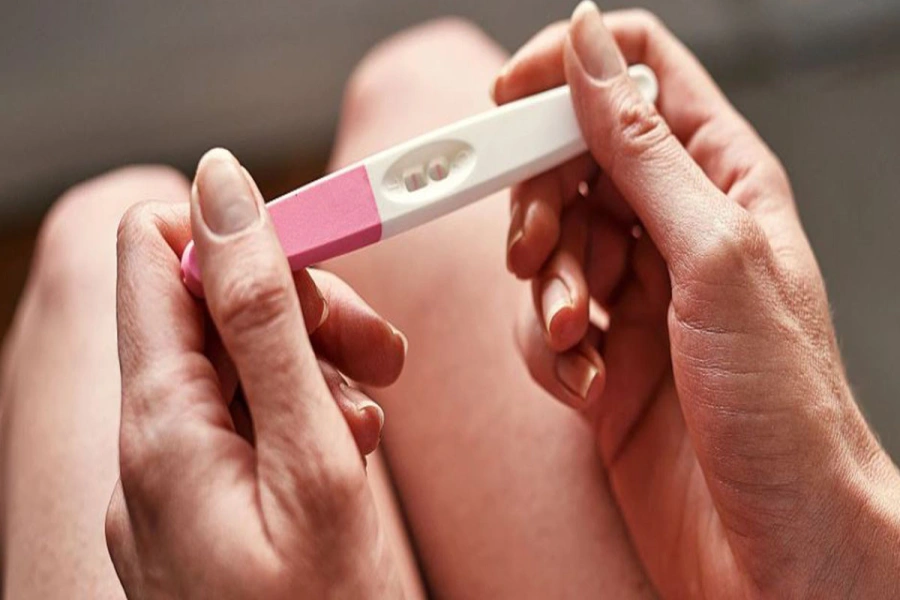New York
Even though the incidence of diabetes was similar in fertile and infertile women, infertile women experienced an increased risk of death from endocrine-related diseases, including diabetes and breast cancer.
Infertile women have 10 percent higher chance of dying prematurely than those able to conceive and are 45 percent more likely to die from breast cancer, a large study has found.
Late marriages and long separations shape new face of infertili...

The findings, presented at the annual congress of the American Society for Reproductive Medicine (ASRM) in San Antonio, suggest that having a baby could have a rejuvenating effect on the health of a woman.
The results have prompted calls for women who struggle to conceive to be screened for certain cancers, the Telegraph reported on Monday. While it is not known for sure what links infertility and early mortality, the stark association with breast cancer, plus a 70 percent increased risk of death from diabetes, points strongly towards hormone-related disorders.
“Associations between infertility and medical disease have been noted in the male population, the relationship between a woman’s fertility and her overall health has not been as robustly examined,” lead researcher Natalie Stentz from University of Pennsylvania in the US was quoted as saying.
“The study highlights the fact that a history of infertility is indeed related to women’s lifelong health and opens potential opportunities for screening or preventative management for infertile women,” Stentz added.
The study followed more than 78,000 women for 13 years, 14 percent of whom reported infertility, an inability to conceive for one year or more. Even though the incidence of diabetes was similar in fertile and infertile women, infertile women experienced an increased risk of death from endocrine-related diseases, including diabetes and breast cancer.
Infertility was not, however, linked to increased rates of ovarian or uterine cancers. “One of the things we do know is that having a baby at some point in a woman’s life is protective for health,” Stentz said.






































